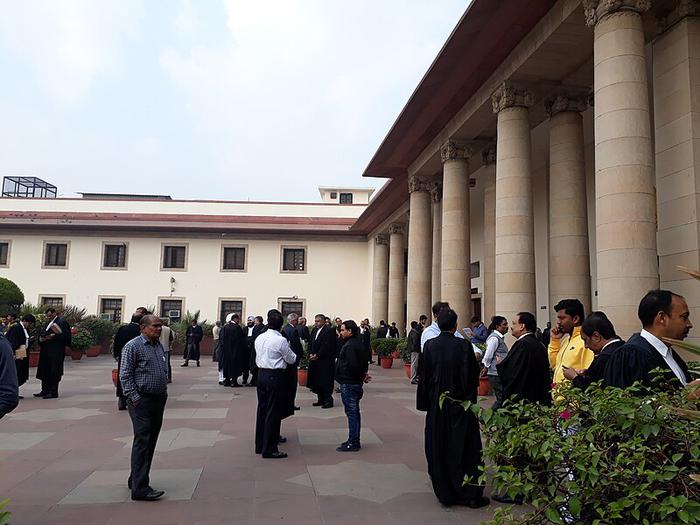Supreme Court advocates for an active judicial role in trials

In a significant ruling, the Supreme Court of India emphasized the crucial role judges and public prosecutors must play in ensuring justice.
While presiding over a criminal appeal, the apex court underlined that courts must not merely document witness statements but actively participate in the trial process.
Chief Justice D Y Chandrachud along with Justices J B Pardiwala and Manoj Misra criticized the passive approach often observed in trials.
They noted a lack of meaningful cross-examination by public prosecutors, which impedes the truth-seeking function of the judiciary.
The court asserted that a judge must actively elicit necessary materials from witnesses to make informed decisions.
The verdict upheld the life sentence of a man convicted of murdering his wife in 1995, affirming the Delhi High Court’s decision.
The justices pointed out the ineffective role played by public prosecutors, especially when witnesses turn hostile.
They stressed that the prosecutor’s duty extends beyond recording contradictions to actively challenging the veracity of hostile witnesses’ testimonies.
The court remarked on the essential nature of the public prosecution service, which should operate without political interference and prioritize merit and integrity in appointments.
The appointment of public prosecutors, they argued, should be based on competence and independence, to preserve the integrity of the criminal justice system.
Highlighting a specific case, the justices recounted how the prosecution’s reliance on a minor, who witnessed her mother’s murder, faltered when she turned hostile.
Despite this, the evidence supported the conviction, particularly noting the defendant inflicted multiple injuries on the victim.
The bench, acknowledging the defendant’s age and time served, granted him the option to seek sentence remission from the state government.
They mandated a response to any such request within four weeks, ensuring a continued commitment to procedural fairness.
This ruling reinforces the judiciary’s responsibility to foster a proactive and diligent approach in criminal proceedings. Thus, it intends to strengthen the foundation of criminal jurisprudence and uphold the public’s trust in the justice system.
Image Credit: Pinakpani, CC BY-SA 4.0, via Wikimedia Commons
Image Reference: https://commons.wikimedia.org/wiki/File:Supreme_Court_of_India,_inside_view_02.jpg










Leave a Reply